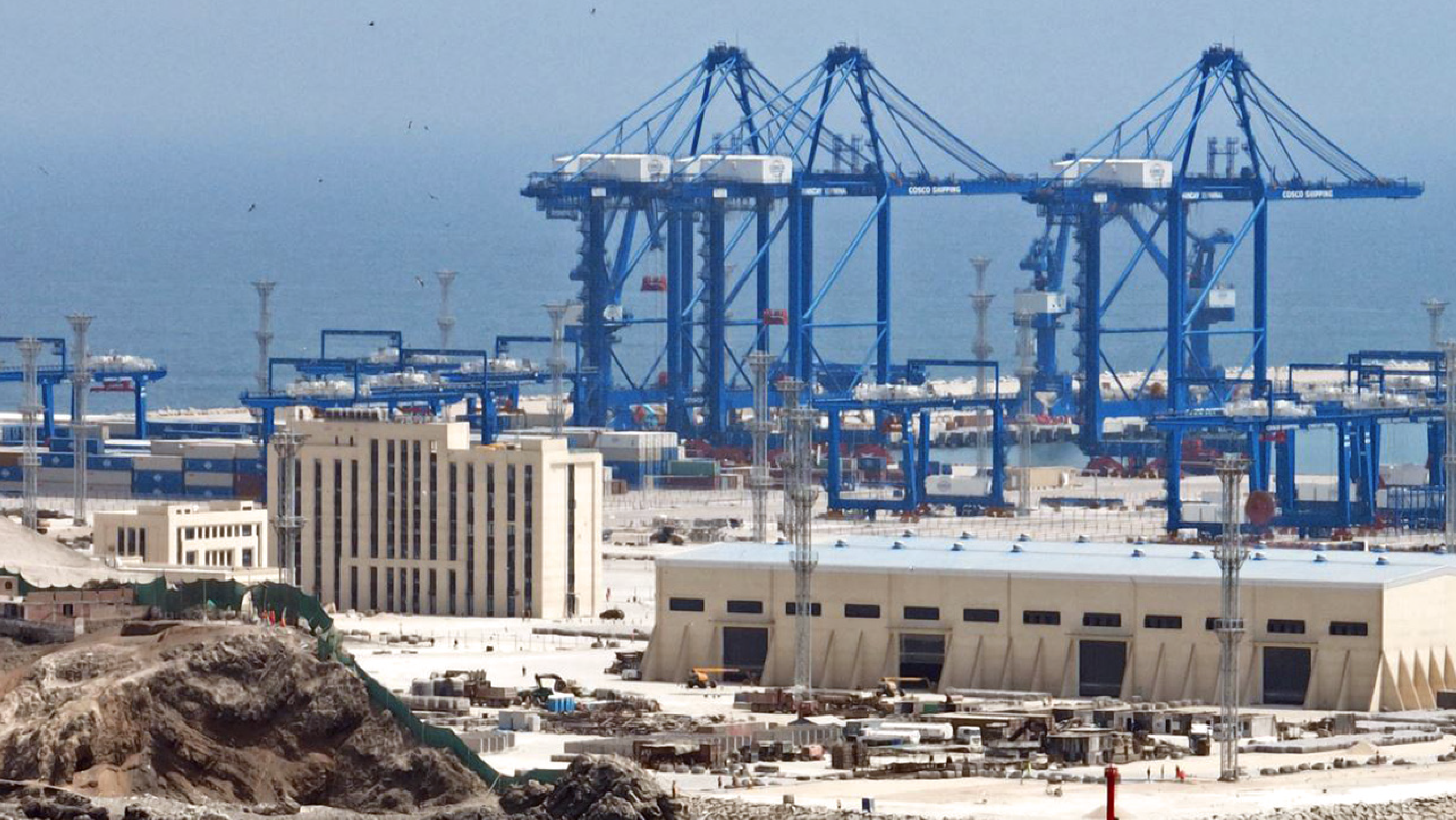There’s no doubt that we are living in an era where technology is advancing rapidly, so much so that even developed countries have struggled to successfully legislate on aspects such as privacy and the much-discussed artificial intelligence.
The export industry is not immune to these advances and discoveries. For instance, the implementation of technology and robotics in the cherry industry is certainly one of the most visible applications. However, in terms of cargo insurance and recovery processes, technology has been a less frequent element, and the industry has not been able to analyze and utilize it effectively.
One of the pioneers in technology and services has indeed been the Maersk Group, which over five years ago launched a system called Captain Peter. This system allows exporters to monitor the temperatures, gasses, and settings of their cargoes/shipments in real time. This launch was a significant step forward for cargo interests, who previously had to deal with shipping companies through formal claims or even arbitration to obtain datalogger readings. This device is capable of storing and recording the performance of the refrigeration unit, with hourly records over a period of up to five years.
The strategy of concealment, which for many years was a major barrier to resolving cargo claims, may be coming to an end with measures such as those led by the Maersk Group.
It took at least three years for Hapag Lloyd, along with its new HLive system, after its announcement in 2019, to truly come to completion and be fully implemented in the export markets of Chile and Peru, covering nearly 100% of its reefer fleet. Between 2022 and 2023, other shipping companies began adopting these technologies, mostly with the same goal: to provide customers with transparency regarding temperature conditions during maritime transport, with a fee applied per container.
Thus, Cosco, Evergreen, CMA CGM, and ZIM Lines are now finalizing the implementation of transmission devices in their reefer fleets, allowing access to this valuable and useful information for exporters. Recently, the shipping company ONE announced the incorporation of this technology throughout its entire reefer fleet, in partnership with Carrier, one of the largest manufacturers of refrigeration equipment.
Quickly and without much difficulty, we can see that among the shipping companies striving to put technology at the service of the customer, there is a notable non-participant. Could this absence indicate an established policy within this shipping company? It is not coincidental that the largest number of legal processes currently handled by our company involve this particular carrier, which also has the lowest success rate in terms of cargo recovery.
We are a company with over 15 years of experience in cargo recovery, and we are a good indicator of a shipping company’s responsiveness when dealing with claims for damages to highly perishable goods.
Our clients must judge and choose wisely when defining strategies at the beginning of each season.
Certainly, in the realm of cargo insurance, the ability to access datalogger readings, along with the German trend of eliminating delay coverage from policies, has opened a path to managing transportation risks that has never been so prominent. The ability to self-manage cargo claims without paying insurance premiums per container has caused considerable concern in the industry about choosing this approach.
But, is it really a risk for an exporter to decide not to insure their cargo?
Today, answering that question is less complicated, as we have been working for over two years with exporters who have opted out of traditional insurance in favor of preparing, with the help of experts, a strategic export plan.
This involves not only choosing the right shipping company, but also reviewing internal procedures, consolidation reports, the installation and use of temperature recorders, cargo stowage, sales methods, and how to document them correctly, among other factors.
In conclusion, we do believe that the time is right to review and adjust strategies in the realm of cargo insurance and claims management, as long as companies are willing to examine their procedures, train their staff, and make claims only when they are justified. Otherwise, alternative approaches will offer no significant improvement.
We believe that developing a virtuous circle in cargo claims is the next step we must take. Just as shipping lines have chosen to make their temperature records transparent to pay accurately and avoid unjustified claims, it is also fair and prudent that cargo claims be increasingly well-supported, with documentation that clarifies the facts and ensures fairness for all parties.
There is a long way to go, but fortunately, we have already started.


